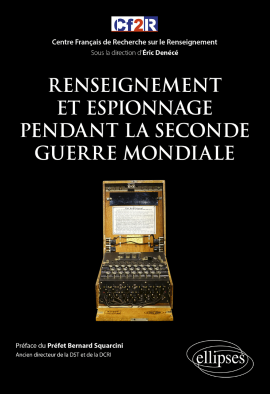Les enjeux organisationnels et politiques du renseignement dans la Résistance » (The organisational and political challenges of intelligence in the Résistance)in "Renseignement et espionnage pendant la Seconde Guerre mondiale (Eric Denécé ed.), Paris, Ellipses, 2024", p. 259-287
The role of intelligence in the history of the Resistance movements in the European countries occupied by Nazi Germany came late. It took time to move away from the literature of espionage and to understand the importance of this form of clandestine action in the structuring and activities of the Resistance movements. The problem of access to sources is not a minor one. The opening up of the OSS archives in the United States and the SOE archives in the United Kingdom in the 1990s has had a positive effect on the dynamism of intelligence studies. It should be remembered that most of the initial activity of Resistance groups in Europe was organised around the question of intelligence and information in a context marked by censorship and repression. Initially, the aim was to inform people about the reality of the occupation system and to weaken the link between the occupied and the occupiers. This was the informational and counter-informational action. Then, around 1942, the aim was to gather strategic and tactical information in order to implement actions of neutralisation and sabotage with a view to the ultimate military combat in conjunction with the Anglo-American Allies.
This contribution aims to determine the role that intelligence played in the Resistance ecosystem.
You can download the article here: «R Belot_Les enjeux organisationnels et politiques du renseignement dans la Résistance .pdf»


 Université Jean Monnet
Université Jean Monnet